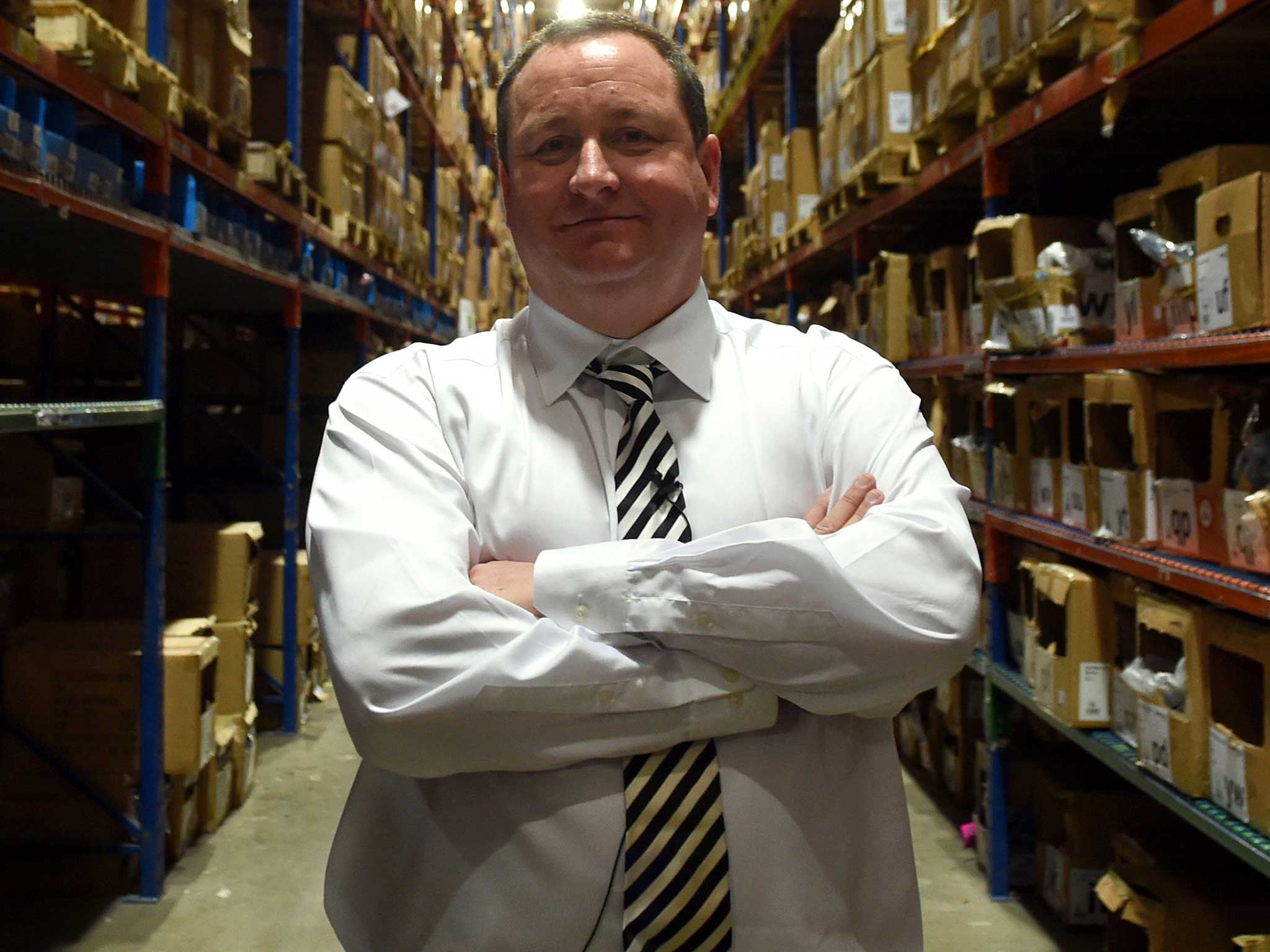Sports Direct: The controversies continue as it emerges Ashley's brother handles overseas deliveries
John Ashley's ownership of delivery broker Barlin was not dislcosed by the company, but the wider issue is whether shareholders will act on this and other governance issues at the forthcoming AGM

Sports Direct seems to attract negative publicity in the same way as picnic baskets attract ants in the summer.
The latest controversy, reported by the FT, concerns the brother of founder and majority shareholder Mike Ashley. A company owned by John Ashley – Mike’s elder brother – has been paid for a role handling overseas deliveries for the retailer.
It is apparently all done on an arm’s length basis and presumably that explains the rationale behind the lack of disclosure. There is a section relating to Barlin Deliveries in the part of Sports Direct’s website covering customer service, but there’s no mention of Ashley senior to be found.
This isn’t the first time members of the Ashley clan have benefited from their association with the company’s driving force, who bears the title “executive deputy chairman” but might better be described as el presidente.
At the beginning of the year it emerged that the boyfriend of Mr Ashley’s daughter, a twenty-something former nightclub promoter, had been put in charge of the company’s vast property portfolio on a consultancy basis that could pay him millions.
Compared to that, the £300,000 profit made by Barlin from its work for Sports Direct is relatively small potatoes.
It positively fades into insignificance when set against the issues due to be considered at the forthcoming AGM. There, shareholders will be asked to approve a motion tabled by the Unite union calling for an independent investigation to be held into working practices at the company.
Mr Ashley started a review of his own in December last year in the wake of a series of damaging revelations and then appointed law firm RPC to compile a report based on his findings. Unite doesn’t believe that report is sufficiently independent (nor does governance watchdog Pirc) in part because the firm has previously worked for Sports Direct.
However, the story about the brother still matters because of what it says about the way Sports Direct is run. It speaks to an existing narrative that holds that the company’s board is failing to exercise effective oversight.
Non-executive directors are supposed to challenge and hold to account executives (like Mr Ashley) in the interests of external shareholders. Where there are potential conflicts of interest – such as in the employment of family members or the use of their companies – they are supposed to play a role in managing them.
Are Sports Director’s non-executive directors doing that? That’s the question shareholders will have to answer. Pirc thinks Mr Ashley and Keith Hellawell, the non-executive chairman, should be voted off the board and has advised those institutional investors that use its services accordingly.
However, it also advised against the re-election of Mr Hellawell in the midst of controversy last year and when institutional shareholders had the chance to take action they failed to do so. In fact more than two thirds of independent shareholders voted in his favour leading me to ask what it might take for institutional investors to vote a director off a board.
We might be about to find out. The controversies have since deepened considerably but it would still come as something of a shock were Mr Ashley to find himself in search of new employment opportunities.
Institutional investors really need to wake up. They have been given the power to act when faced with a dominant shareholder like Mr Ashley.
In failing to use that power they are sending a terrible message out to other entrepreneurs who might seek to cash in by selling minority stakes in their companies to the public markets. Past history indicates that only a minority of them recognise this.
Join our commenting forum
Join thought-provoking conversations, follow other Independent readers and see their replies
Comments
Bookmark popover
Removed from bookmarks